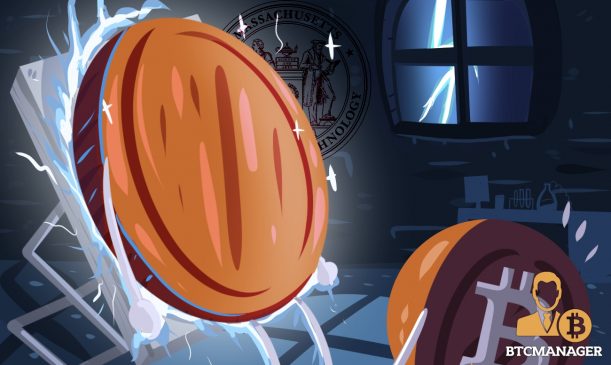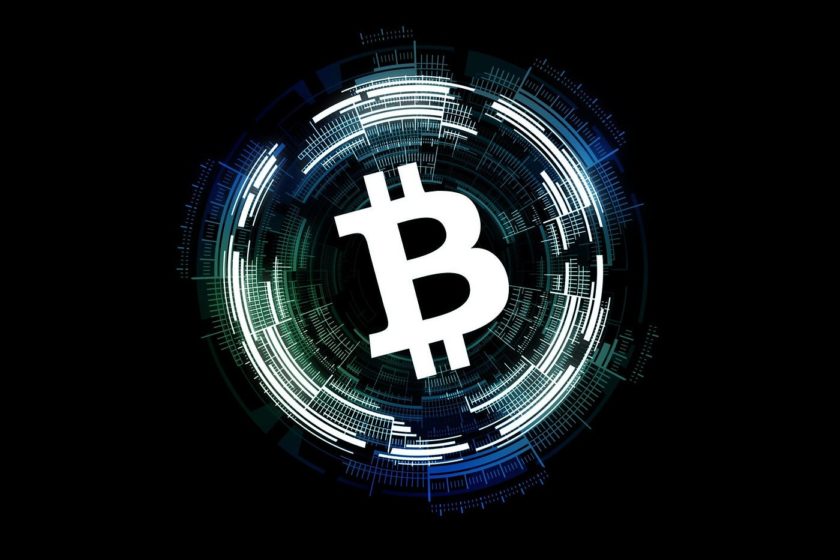A non-profit group comprised of MIT and bay area academics, as well as hedge fund Pantera Capital was formed to develop a coin that can offer faster speeds of processing transactions than Bitcoin.
How to Make Unit-e More than a “Nice Idea”
Teachers from Massachusetts Institute of Technology, Stanford University, and Berkeley’s University in California along with five other colleges have teamed up with hedge fund Pantera Capital to develop a cryptocurrency that could overtake the pioneer cryptocurrency in terms of transactions speeds, as reported by Bloomberg.
The group hopes to succeed where Bitcoin seems to have failed by introducing a viable scalable alternative without compromising the notion of decentralization. To achieve this goal, the group formed a non-profit foundation with the name, Distributed Technology Research (DTR) which was backed by hedge fund Pantera Capital Management LP to develop decentralized technologies.
The first initiative of DTR was the development of a virtual token called Unit-e. The academics hope to see this alternative currency capable of processing transactions faster than Bitcoin and even Visa. According to Pramod Viswanath, a researcher on the project, the currency is also scheduled to support smart contracts in the future.
Joey Krug, co-chief investment officer at Pantera Capital and member of the DTR council, commented:
“We are on the cusp of something where if this doesn’t scale relatively soon, it may be relegated to ideas that were nice but didn’t work in practice: more like 3D printing than the internet. The mainstream public is aware that these networks don’t scale.’’
The Race against Visa
The DTR foundation hopes to have the virtual currency launched somewhere along the third quarter of 2019 while it aims to have the currency capable of processing as many as 10,000 transactions per second. This is a bold goal as it’s light years away from Bitcoin and Ethereum transaction speeds. Compared with traditional payments provider, Visa, who can reportedly process 24,000 transactions per second, decentralized currencies still have a long way to go.
In order to achieve greater speeds and scalability capabilities, DTR had to re-arrange and improve almost every aspect of the blockchain technology itself.
The researchers published a paper where they go over all the aspects of blockchain technology and its functional elements and mechanisms before proposing its own version for reaching consensus. This novel procedure involves the implementation of new forms of sharding and new payment channel networks, which will be the base for reaching the proposed transaction speed.
Other Alternatives Being Developed
The speed of transactions is one of the most debated issues in the cryptocurrency industry. To tackle the issue, many initiatives are already underway. The most well-known projects on these concerns are the Lightning Network and SegWit, both of which aim to make transactions faster. One of the pioneers of cryptocurrency, David Chaum, is also developing another platform which is said to enable much quicker transactions.
Category: Altcoins, Bitcoin, Development, Ethereum, Investment, News
Tags: bitcoin, cryptocurrencies, development, MIT, Pantera Capital, research, scalability




